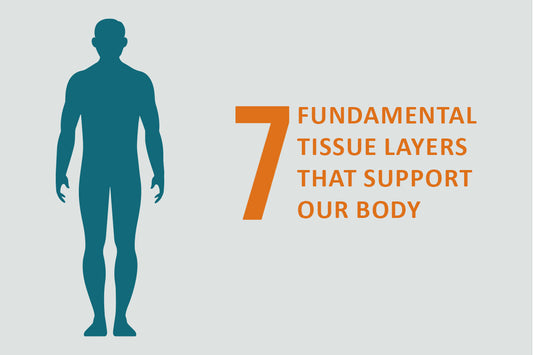Ever wonder why some days you feel light, happy, and calm, while other days just feel heavy? One of the key players behind your emotions is a chemical called serotonin. Often called the “feel good” chemical, serotonin plays a big role in your mood, physical health, and even how well you sleep or digest food.
But here’s the thing—serotonin isn’t just created out of thin air. Your body needs certain nutrients, daily habits, and environmental factors to support its natural production. The good news is, there are simple ways to help your body restore and maintain healthy serotonin levels naturally—without relying on harsh interventions.
Let’s take a closer look at how you can gently guide your body to help maintain its serotonin levels through natural sources, mindful habits, and smart nutrition.
- Eat More Tryptophan-Rich Foods
To naturally support serotonin, start by focusing on your plate. Your body makes serotonin from an essential amino acid called tryptophan, which must come from food.
Tryptophan-rich foods include:
- Eggs
- Turkey and chicken
- Cheese
- Tofu and soy products
- Nuts and seeds
- Oats
- Salmon and other fatty fish
Eating these foods gives your body the raw material it needs to support serotonin production. For best results, pair these with healthy carbohydrates like brown rice, quinoa, or whole wheat bread. Carbs help tryptophan cross into the brain, where it’s used to make serotonin.
- Look for Natural Sources of Omega-3 Fatty Acids
Healthy fats also play a key role in your brain function and emotional balance. Omega-3 fatty acids, especially EPA and DHA, are known to support brain health and may help your body maintain steady serotonin activity.
Great food sources of omega-3s include:
- Salmon
- Sardines
- Mackerel
- Flaxseeds
- Chia seeds
- Walnuts
- Soak Up Bright Light
Have you ever noticed how your mood tends to shift when the sun is out? That’s not just in your head. Bright light—especially natural sunlight—helps your brain produce serotonin during the day.
Try to get at least 15–30 minutes of sunlight on your skin and eyes each day, preferably in the morning. If you live in a place with long winters or low sunlight, you might look into a light therapy box. These devices are designed to mimic natural daylight and can be especially helpful for lifting low moods caused by lack of sun exposure.
Just remember: when spending time in the sun, protect your skin appropriately if you’re out for extended periods.
You don’t have to run marathons to support your serotonin. Gentle, daily physical activity is enough to make a difference. Movement encourages your brain to release “feel-good” chemicals, including serotonin.
Here are some approachable ways to get moving:
- Brisk walks outside
- Yoga or stretching
- Swimming
- Dancing to your favorite music
- Biking around the neighborhood
Even 20-30 minutes a day can help support a brighter mood, more stable energy, and better physical health overall.
Did you know that a large portion of serotonin is made in your gut? That’s why maintaining a healthy digestive system can also play a role in how you feel emotionally.
To support gut health:
- Eat fiber-rich fruits and veggies
- Include fermented foods like yogurt, kefir, sauerkraut, and kimchi
- Stay hydrated
- Avoid highly processed foods
A well-balanced gut can help your body maintain smoother digestion and may help support serotonin activity naturally.
- Connect with Others and Practice Kindness
Spending time with loved ones or engaging in positive social interactions helps your brain produce natural chemicals that support emotional balance—including serotonin. Acts of kindness, laughter, or even hugging someone can all play a small role in helping you feel better.
Don’t underestimate the power of community, even if it’s just a few close friends or family members. Regular connection and affection are simple, real-life ways to support your emotional well-being.
- Try Natural Mindfulness Practices
Simple relaxation techniques can also help your brain maintain its emotional balance. Practices like:
- Deep breathing
- Meditation
- Gratitude journaling
- Listening to calming music
These habits help ease mental tension, create a more peaceful mindset, and allow your brain the space to reset naturally.
Conclusion
Serotonin may sound like a complex brain chemical, but supporting it doesn’t have to be complicated. By eating well, moving your body, getting enough light, and connecting with others, you give your brain and body the tools they need to naturally help restore and maintain healthy serotonin levels.
While these lifestyle habits may not be a quick fix, they are simple steps that build over time. The key is consistency and kindness to yourself. Remember—small daily changes can lead to big shifts in how you feel, think, and move through your day.
If you’ve been feeling low or emotionally off for a while, consider checking in with a healthcare professional. But for most people, supporting serotonin naturally starts right at home—with sunlight, a walk, a wholesome meal, or a moment of mindfulness.






